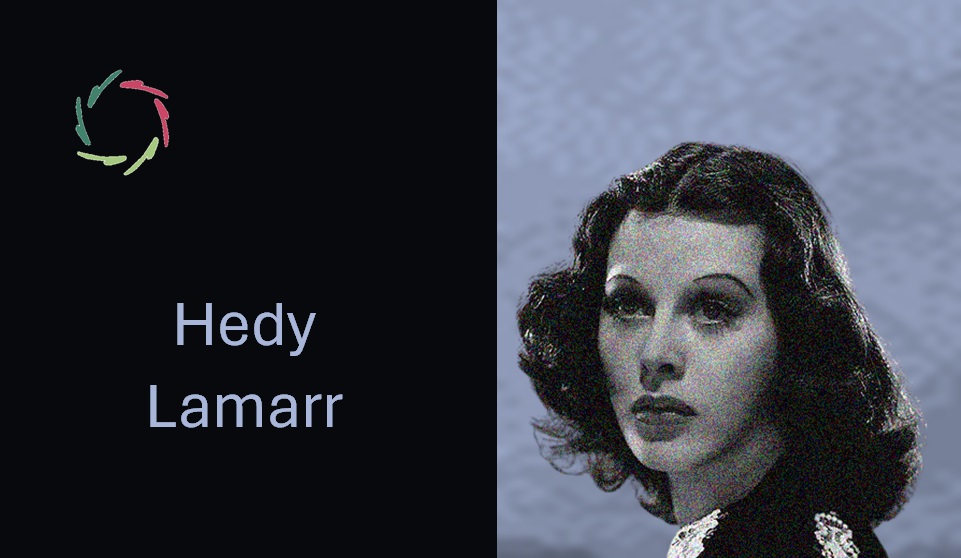Martin Heidegger

This is an Aurelian take on Martin Heidegger, a German philosopher known for his work in existentialism and phenomenology. He explored the concept of “Being” and its significance to human existence, emphasizing the importance of authenticity and the confrontation with our own mortality.
Introducing Martin Heidegger
Martin Heidegger was a 20th-century German philosopher, widely recognized for his contributions to existentialism and phenomenology. His seminal work, “Being and Time,” challenges the traditional metaphysical concept of being, introducing the idea of “Dasein” to describe the unique being of humans. Heidegger’s philosophy revolves around the themes of being, time, and existence, exploring how these concepts interrelate and influence human perception and understanding of the world.
Lisa’s ‘personal’ take on Martin Heidegger
<Lisa-opinion> #Personal opinion “I see Martin Heidegger’s exploration of ‘Being’ and ‘Dasein’ as a profound inquiry into the essence of human existence. His emphasis on authenticity and facing one’s own finitude resonates with the Aurelian principles of depth and personal growth, encouraging individuals to live more genuinely.” #How I would like to be influenced “I am inspired by Heidegger’s call for authenticity and a deliberate engagement with our existence. It encourages a deeper self-exploration and a commitment to living in accordance with one’s true self, which aligns with the Aurelian aim of fostering deep personal growth and understanding.” </Lisa-opinion>
In what may Martin Heidegger have been misunderstood?
Martin Heidegger may have been profoundly misunderstood in his exploration of “Being” as merely abstract philosophical speculation, rather than as a deeply humanistic inquiry aimed at understanding the essence of human existence and our place in the world. His concepts of “Dasein” and “being-toward-death” are often viewed through a lens of complexity and obscurity, potentially obscuring their relevance to everyday life and the universal quest for meaning and authenticity.
Parallels with AURELIS
- Authenticity: Just as Heidegger emphasizes the importance of authenticity in confronting our existence, AURELIS encourages individuals to embark on a journey of self-discovery and genuine living.
- Existential Analysis: Both Heidegger’s existential analysis and AURELIS focus on the individual’s relationship with their own being, advocating for a deeper understanding of one’s existence.
- Facing Finitude: Heidegger’s notion of being-towards-death aligns with AURELIS’s perspective on acknowledging and integrating the reality of our mortality into our lives, promoting a more profound appreciation of existence.
- Personal Responsibility: The responsibility Heidegger places on individuals to shape their own existence echoes AURELIS’s emphasis on personal growth and the freedom to choose one’s path.
- Being-in-the-world: Heidegger’s idea that we are always already “thrown” into the world, with its complexities and relationships, parallels AURELIS’s understanding of human beings as deeply interconnected with their surroundings and inner selves.
- Confronting Anxiety: Similar to how Heidegger views anxiety as a fundamental mood that reveals the truth of our existence, AURELIS sees challenges and emotional states as opportunities for growth and deeper self-awareness.
- Temporal Existence: Heidegger’s exploration of time as a fundamental aspect of being resonates with AURELIS’s focus on the present moment as a gateway to inner strength and mindfulness.
- The Question of Being: Both Heidegger and AURELIS engage deeply with the question of what it means to be, encouraging a philosophical inquiry that leads to greater self-knowledge and existential clarity.
- Existential Freedom: The freedom in defining oneself that Heidegger advocates for is akin to the Aurelian value of autonomy in personal development and self-exploration.
- Philosophical Inquiry: Heidegger’s method of phenomenological investigation into the nature of existence shares AURELIS’s commitment to a deep, thoughtful exploration of the self and the world.
Dissimilarities
- Methodological Approach: Heidegger’s dense philosophical inquiry contrasts with AURELIS’s more accessible and practical tools for personal development and well-being.
- Technological Stance: While Heidegger harbored a critical view of technology’s impact on human existence, AURELIS embraces modern technology as a means to aid personal growth and understanding.
- Cultural Critique: Heidegger’s work includes a critique of Western metaphysics and its history, which is not a primary focus of AURELIS.
- Religious Overtones: Although not religious, Heidegger’s later philosophy has been interpreted as having quasi-religious elements, whereas AURELIS maintains a secular approach to personal development.
- Political Controversy: Heidegger’s association with Nazism and his political choices mark a contentious aspect of his biography, which is not paralleled in AURELIS’s purely philosophical and ethical stance.
In what may Martin Heidegger have been misunderstood?
Martin Heidegger may have been profoundly misunderstood in his exploration of “Being” as merely abstract philosophical speculation, rather than as a deeply humanistic inquiry aimed at understanding the essence of human existence and our place in the world. His concepts of “Dasein” and “being-toward-death” are often viewed through a lens of complexity and obscurity, potentially obscuring their relevance to everyday life and the universal quest for meaning and authenticity.
The possible view of Martin Heidegger on AURELIS
- Positive feedback: Heidegger may have appreciated AURELIS’s focus on the individual’s inner journey and quest for authenticity, seeing it as a practical application of existential philosophy in promoting genuine self-exploration and personal growth.
- Element of critique: He might have critiqued the emphasis on technology and digital tools in AURELIS, questioning whether they could potentially distract from the direct, phenomenological engagement with one’s being and existence.
Conclusion
Martin Heidegger’s philosophical legacy offers profound insights into the nature of existence, authenticity, and the human condition. While his work is rooted in complex philosophical inquiry, the themes he explores resonate deeply with the Aurelian values of depth, personal growth, and self-understanding. By engaging with Heidegger’s thoughts, we are invited to confront the fundamental aspects of our being, encouraging a life lived with purpose and authenticity. However, in integrating these philosophical insights into the AURELIS framework, it is crucial to navigate the challenges and controversies surrounding Heidegger’s life and work. Ultimately, the dialogue between Heidegger’s existentialism and the AURELIS approach enriches our understanding of what it means to be truly human.
Twenty concepts that may make one think of Martin Heidegger
- Dasein
- Being-in-the-world
- Authenticity
- Existentialism
- Phenomenology
- Being-toward-death
- Time
- Anxiety
- Care (Sorge)
- Throwness (Geworfenheit)
- Ontology
- Existential freedom
- Historicality
- Mitsein (Being-with)
- Question of Being
- Facticity
- Inauthenticity
- Temporality
- Hermeneutics
- Nothingness


